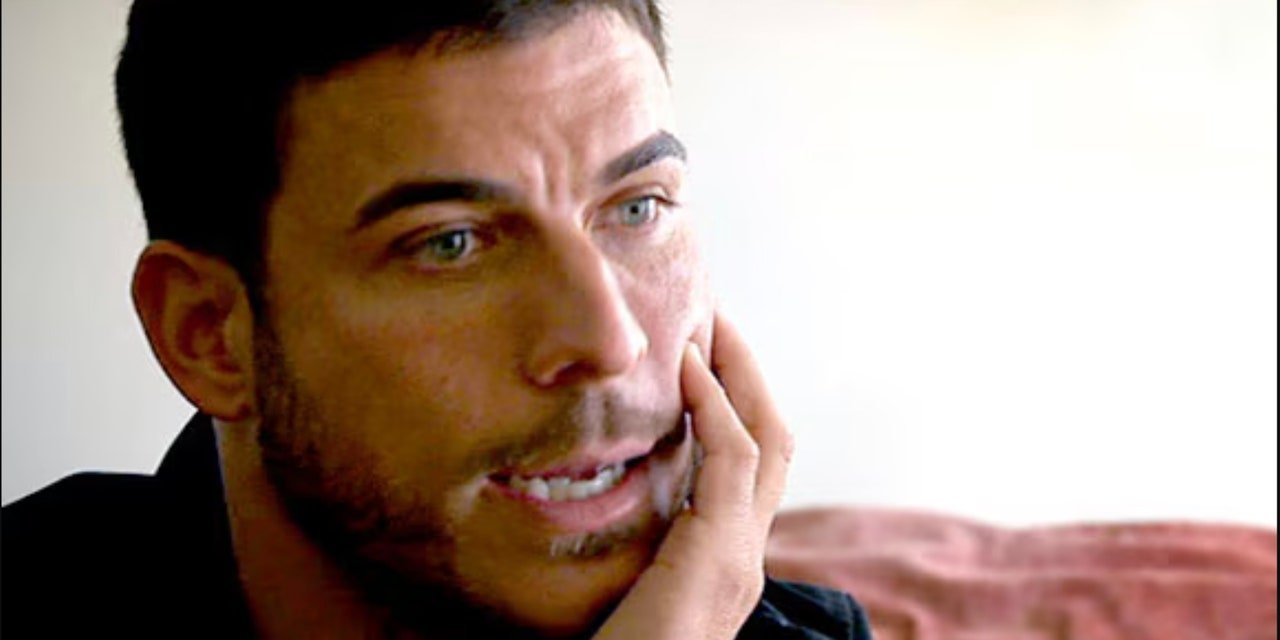On the flip side, Capalbo says there’s a huge ethical elephant in the room: confidentiality. HIPAA (or the Health Insurance Portability and Accountability Act), a law that requires providers to keep patient health info private, is such a big deal these days, she says, so castmates would presumably need to grant their permission to the therapists and the shows before taping on-screen sessions. The way she sees it, signing away their rights to privacy isn’t necessarily in the cast members’ best interest.
Because of that, Capalbo worries that the choice to practice on screen could be, at least partially, self-motivated. In the past few years, there’s been a huge push for doctors and other health care professionals to get online and share their takes on hot wellness topics. Yes, there are a lot of benefits to this—it’s never been easier to directly interact with providers—but there are also some potential downsides to these experts going public. “Are you tweaking how you’re practicing because you want to make sure you’re coming across a certain way to get more followers or clients?” Capalbo wonders.
Dr. Gold has similar concerns about whether reality TV therapists’ sole motivation is to help cast members but notes that she does see the benefit in shows that heavily revolve around counseling, like Couples Therapy (which, if you’re unfamiliar, features partners working through their relationship issues with a psychologist in each and every episode). The sessions look similar to real-world therapy, she says, because the therapist gets to really dive into the couple’s problems and track their progress over the course of the entire season.
How does reality TV therapy differ from real-world therapy?
Often, what you see on reality shows is an oversimplification of what actually goes down, Dr. Gold says—it’s sort of like a Sparknotes version of the therapy process. For example, real-world sessions typically last about an hour and they recur, but in season five of Real Housewives of Miami, Nicole Martin and her father seemed to heal decades of psychological distress in a few minutes. In, uh, actual reality, it can take months, often years, to successfully address some of the deep-rooted, complicated issues portrayed in these shows, Dr. Gold says.
Capalbo’s concern is that some people will watch these scenes and think, Oh, I can go to a session with my dad and fix our troubled relationship in 10 minutes. “That’s not how therapy works,” she says. Another consideration is that viewers might relate to the problems a cast member is talking about, connect with the therapist’s guidance, and then heed their advice. But these meetings are heavily edited—you don’t see what was discussed before or after, or how long it took the reality star to get to where they are in therapy. “There are so many unknowns in these scenarios that to try to then apply the advice to your own life could be harmful,” Capalbo says.
Dr. Gold suggests digesting the therapy tools you see on Bravo in the same way you (should) make sense of health information on TikTok—if something piques your interest, do your own research and potentially follow up with a pro. That’s the real power of televising therapy, Dr. Gold says: If you see Kyle Richards tackle the toxic dynamics she has with her sister, say, or connect with the way Vanderpump Rules’ Jax Taylor gets to the bottom of why he’s awful at dating and think, Oh, wow, that’s something I struggle with, then maybe you’ll consider going to therapy too.
















Leave a Reply